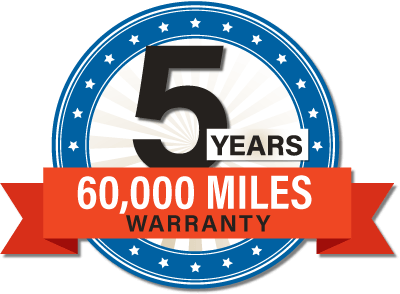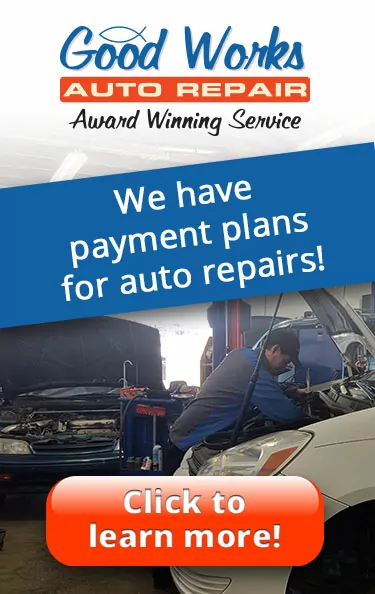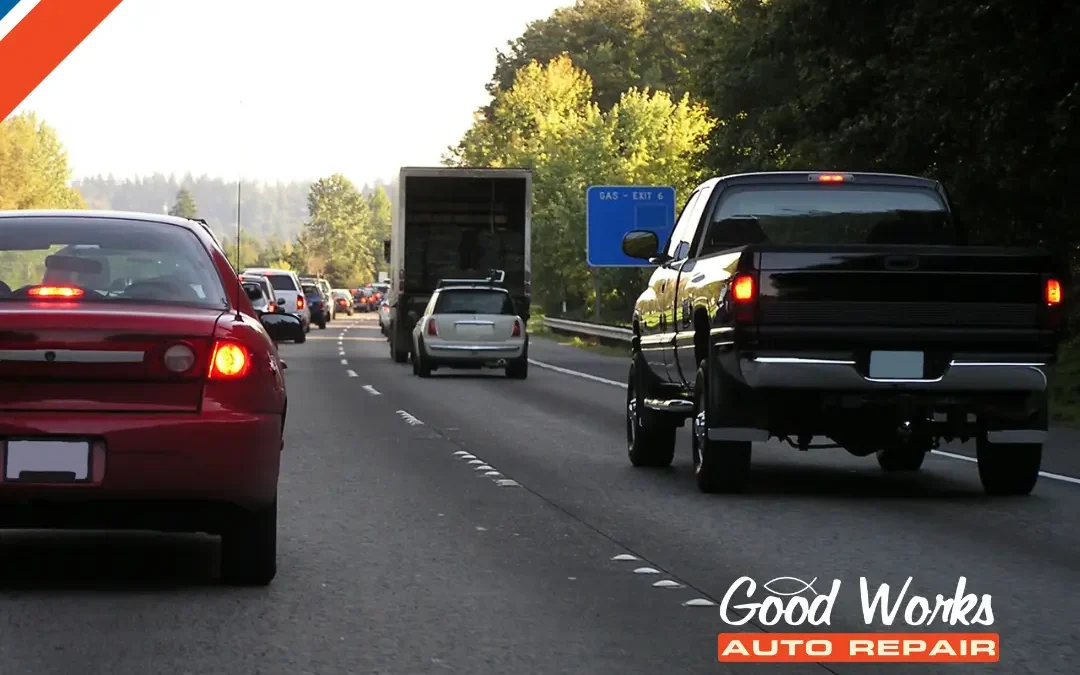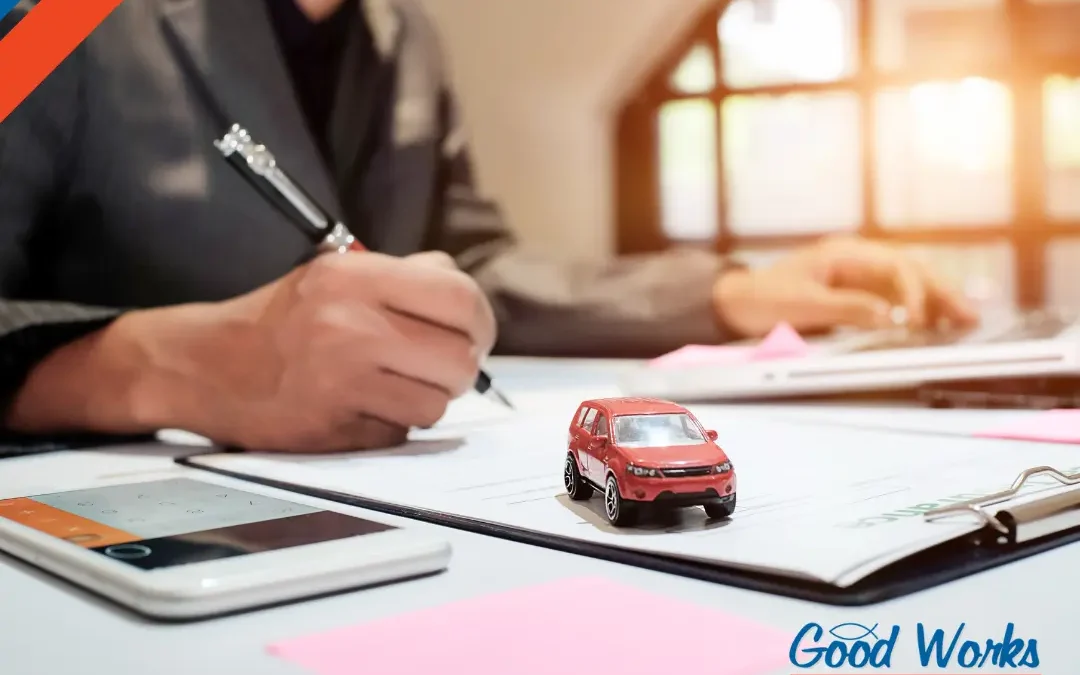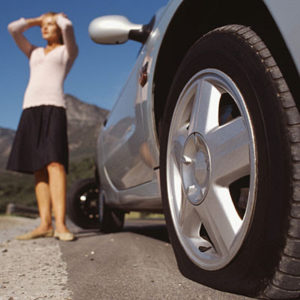 Yes, ladies and gentlemen it is that time of year again – the weather is getting hot, the are making their appearance once again and summer vacation plans are underway. While we all love the warm weather, it can wreak havoc on our vehicles as the temperatures soar out of control. From the battery to the tires to the upholstery, excessive heat can cause some serious damage. Today we are going to focus on tires during the summer heat; how excessive heat affects the integrity of the tires as well as when to tell it is time to buy some new tires for your vehicle.
Yes, ladies and gentlemen it is that time of year again – the weather is getting hot, the are making their appearance once again and summer vacation plans are underway. While we all love the warm weather, it can wreak havoc on our vehicles as the temperatures soar out of control. From the battery to the tires to the upholstery, excessive heat can cause some serious damage. Today we are going to focus on tires during the summer heat; how excessive heat affects the integrity of the tires as well as when to tell it is time to buy some new tires for your vehicle.
If your tires have any underlying issues, it is a sure bet that the hot summer weather will bring those issues to the forefront. We notice every year when the weather turns hot that the incidences of tire blowouts rise exponentially. The reason for this varies, but the most common culprit is underinflated tires. Underinflated tires generate excessive heat, and when the pavement is already at boiling temperatures due to the weather, this can have some disastrous effects.
Tips to get your tires summer ready
Maintaining proper tire pressure is probably the single most important preventative maintenance item that car owners can do for their tires. Tires are the key element for traction, braking, acceleration and fuel economy. When the pressure is too low, or too high, performance dwindles and safety becomes a concern. It is recommended that you check your tire pressure at least once a month as it can easily change as the weather changes. Your vehicle’s optimum tire pressure recommendations are typically found inside the driver’s side door jamb, but they can also be found in your owner’s manual.
Frequently checking the integrity of your tires is also highly recommended. If you happen to notice any cracks, bulges, low tread or uneven tread wear, you need to invest in some new tires as soon as possible. Driving on damaged tires for any length of time, especially during the scorching hot summer months when tires are already subjected to abuse, is a blowout waiting to happen. Also, take notice to how your vehicle is handling the road, if you feel like you aren’t holding the road as well as normal or notice that your tires squeal easier than normal, you should have your tires inspected and most likely replaced.
Investing in quality tires is not wasted money either – most often, you get what you pay for. Check the ratings of the tires you are thinking of purchasing and while you don’t have to go with the highest rated tire, you certainly don’t want to go with the lowest rated one either. Considering our hot climate here in Arizona, you also might want to think about investing in a tire with a higher heat rating. All tires are given a temperature rating from A to C. Tires with an A rating are able to dissipate more heat under load than a C rating. Tires with lower heat ratings are more prone to heat-induced failure, especially in hot weather climates or if the vehicle is regularly driven at high speeds.

